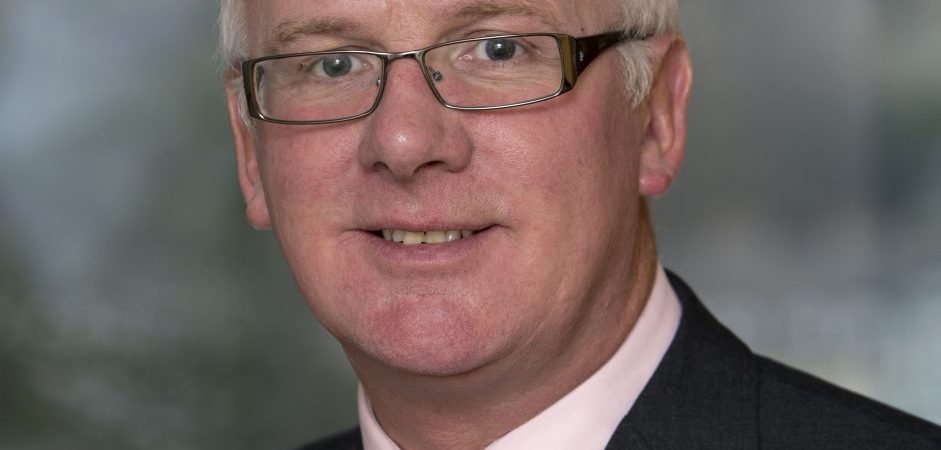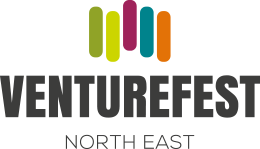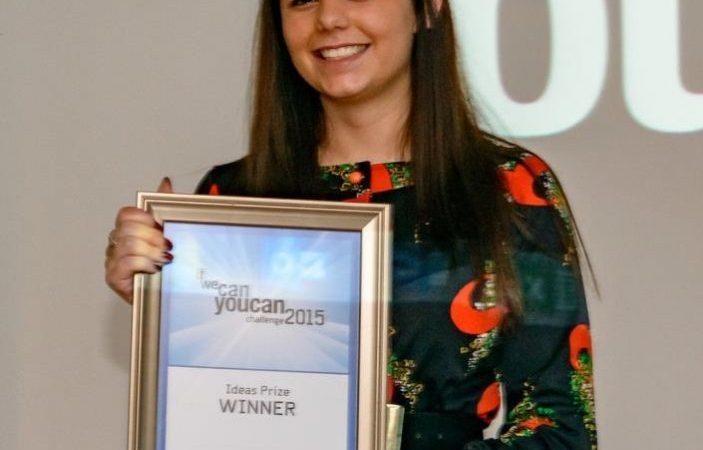
In conversation with Simon Green, Executive Director Innovation SuperNetwork North East England
We’ve just about recovered from the excitement of this year’s VentureFest North East, which took place in Newcastle on 8 November.
Having started off with less than 300 people four years ago, this year’s VentureFest achieved over 1,000 registrations for the first time and 710 showed up on the day. These were mainly from North East businesses, investors and innovation experts.
An amazing £250k in deals were set up on the day and over 150 meetings took place between businesses and investors. 90% of delegates said they would come back next year, which is always reassuring!
Year-round innovation support
VentureFest is our annual celebration of all the innovation activity going on in the North East. It is though, just one day in the calendar and we’ve been working hard to ensure that the good stuff that goes on at VentureFest happens throughout the year.
This means that our work to connect ambitious local businesses with market opportunities, with the finance they need and with expertise continues unabated.
In particular, we want North East businesses to get involved in working with large national and international innovation projects. There are such innovation opportunities live now on our website that are open to all.
Onwards and upwards
We’re now starting to put together the details of next year’s events.
With the support of the North East LEP and 50 local and national partners, these events will continue the innovation and finance themes of 2016. Helping businesses to scale is one area where we’ll place even more emphasis.
There is an exciting start-up community developing in the region (see, for example NatWest’s Entrepreneurial Spark programme, with 80 businesses being incubated on Newcastle’s Quayside) and we have to ensure that some of these early stage businesses grow to the medium sized and large businesses of the future. We can help with this process by bringing in the expertise and finance ambitious businesses need.
Strength in numbers
I think these are exciting times for the North East and the SuperNetwork is just one example of the way people in this part of the world can come together to achieve more than they could on their own. Let’s all work together for an even more exciting tomorrow!
For a quick glimpse of what VentureFest was in case you missed it, here’s a link to a video giving a snapshot.






